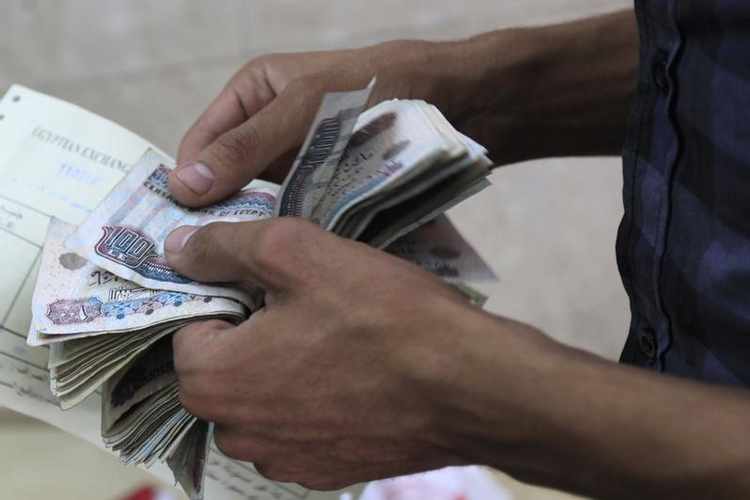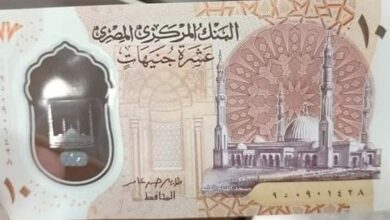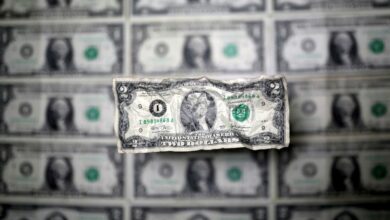Cairo–The Egyptian central bank's unofficial reserves plummeted by US$3.3 billion in February, bringing its total decline in foreign currency assets during the month of political unrest to US$5 billion, the bank said.
Analysts say that with its reserves sliding, Egypt's pound could weaken steadily and that more capital may flow out of the country when the stock market, which has been closed since 27 January due to the unrest, reopens for trade.
The central bank said on Monday its official reserves fell a more modest US$1.7 billion in February to US$33.3 billion, but analysts said this did not reflect the magnitude of the outflow.
Analysts say the unofficial reserves are held in deposits at commercial banks.
The funds come from the sale to foreigners of government paper with maturities of one year or less, dubbed "hot money," so they may be quickly depleted when money flows out, said an analyst outside Egypt who declined to be named.
Analysts and bankers say both Egyptians and foreigners transferred large amounts of money out of the country in February, during and after the street protests that eventually ousted former President Hosni Mubarak.
The protests scared away tourists, foreign investors and to a lesser extent remittances from workers abroad.
The amount of "deposits not included in official reserve assets" nose-dived to US$36.5 million at the end of February from US$3.51 billion at the end of January, central bank figures showed. At the end of December, the figure was US$7.26 billion.
"The latter indicates that nearly all foreign investments in T-bills left the country by end-February, leaving no further downside risks for reserves and capital outflows on that front," EFG-Hermes said in a note on Tuesday.
Some LE22.5 billion in Egyptian treasury bills matured in February, and bankers said few foreign investors rolled over the portion they were holding, but rather cashed out and transferred the funds into dollars and out of the country.
Foreign investors, taking advantage of high yields and a relatively steady currency, had been avid buyers of Egyptian treasury bills, and at the end of November held bills worth LE61.30 billion, according to central bank data.
EFG-Hermes said it expected the central bank to allow a gradual weakening of the Egyptian pound against the dollar, with the exchange rate falling to LE6.30 to the dollar by the end of the year from the current LE5.90.
"We expect the LE6.00 to be tested when the stock market opens," it said, adding that the continued delay in reopening the stock exchange risked encouraging even more capital outflows.
The stock exchange has been closed since 27 January because of political unrest.
EFG-Hermes said also forecast that total reserves would fall to US$29 billion by the end of the year.
BNP Paribas said a further heavy slide in Egypt's reserves could also prompt further credit ratings downgrades.
"We think the pound will continue to depreciate albeit with heavy involvement of the central bank. Should reserves drop towards US$20 billion, we would not rule out further rating actions, especially given very poor outlook for economic growth, which will put a strain on public finances," BNP Paribas wrote in a note.



